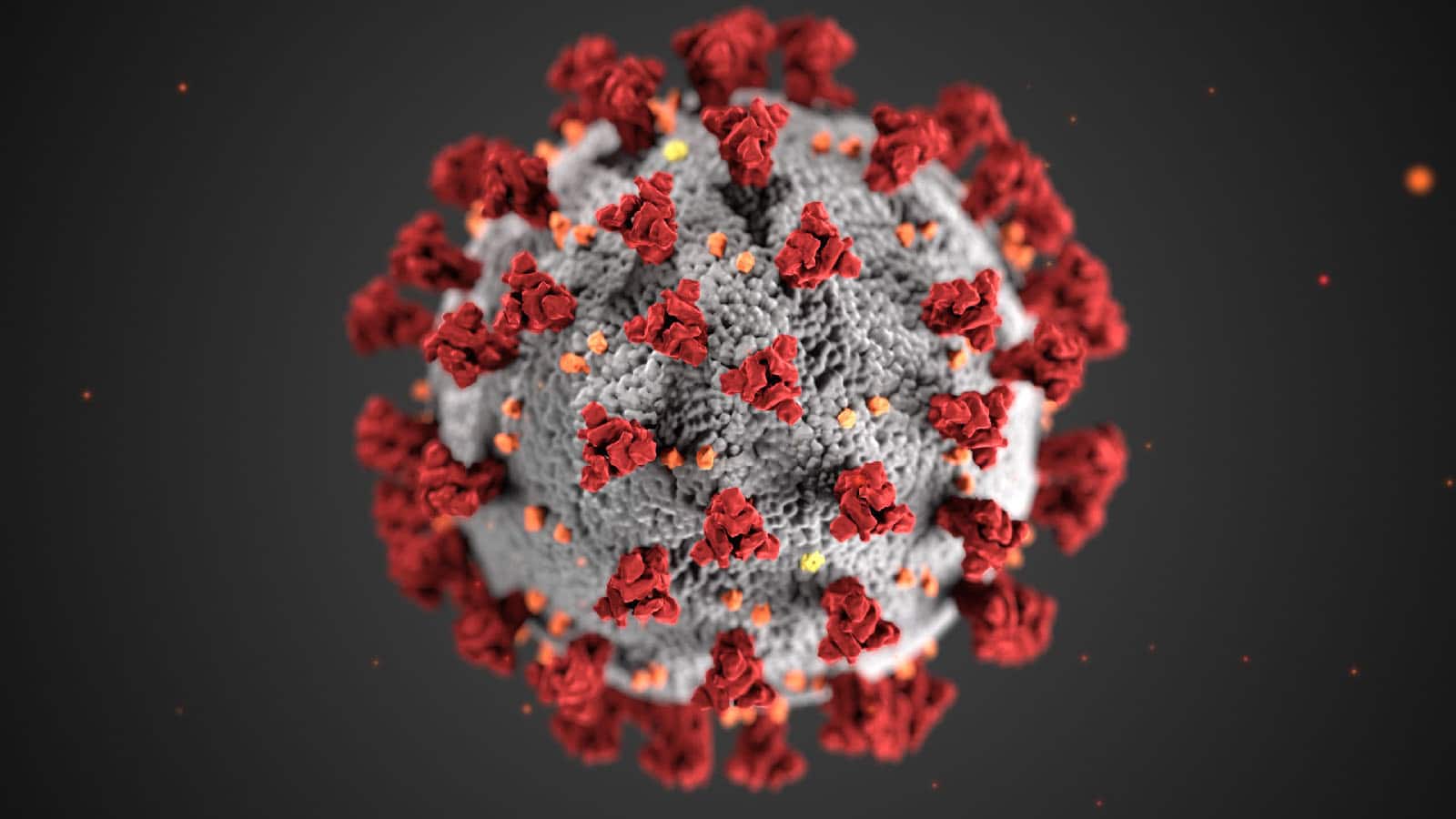May 2023 PAXLOVID Update
As of May 25, 2023, the FDA has approved PAXLOVID for the treatment of mild to moderate COVID-19 in adult patients who are considered at high risk for progression to severe COVID-19.
The wellbeing of people with lymphoma and their caregivers is the top priority of the Lymphoma Research Foundation (LRF). Since the beginning of the pandemic, the LRF has sought to address the unique challenges faced by people with lymphoma/CLL and provide guidance for both patients and oncologists as they navigate their new realities. Starting in March 2021, the LRF convened a series of panels, led by the LRF Scientific Advisory Board, in which medical and scientific experts came together to discuss the current state of research regarding COVID-19 vaccines and treatment options for people with lymphoma. The goal of these panels was to review emerging research and current recommendations to provide specific guidance for oncologists caring for people with lymphoma and to inform relevant LRF programming related to COVID-19.
On October 25th, the LRF hosted two expert panels intended to help oncologists and their patients better understand the ongoing impact of COVID-19 on people with lymphoma and options for prevention and treatment in immunocompromised people. The goal of this panel was to summarize current recommendations from federal health agencies, such as the Centers for Disease Control and Prevention (CDC), with a specific emphasis on the needs of lymphoma patients. For a more detailed analysis of the panel discussions and more specific recommendations for risk management with lymphoma, read the full LRF COVID-19 Panel Summary below.
The LRF encourages patients, survivors, and their caregivers to take information included on the COVID-19 Learning Center and questions back to their healthcare providers as a way of creating a dialogue and partnership about their lymphoma and treatment within the context of the ongoing COVID-19 pandemic.
Read the summary of LRF’s COVID-19 and Lymphoma Panel.
COVID-19 VACCINATION FOR LYMPHOMA PATIENTS AND SURVIVORS
Vaccination against COVID-19, including appropriate boosters, is recommended for all people who are moderately or severely immunocompromised, including lymphoma patients and survivors. COVID-19 vaccination not only decreases the likelihood of infection, but also protects against severe illness. The LRF encourages caregivers and close contacts of people living with lymphoma to consider vaccination as well.
As new strains emerge and immunity to the virus that causes COVID-19 wains, additional boosters may be recommended. Current recommendations regarding COVID-19 for immunocompromised individuals can be found on the CDC’s website. These recommendations are updated regularly, so please check back as needed.
People who have received treatment for lymphoma within the past 2 years may still be considered immunocompromised. Lymphoma survivors are encouraged to discuss their risks with their oncologists to understand how vaccination recommendations apply to them.
PREVENTING COVID-19 ILLNESS
In addition to vaccination, the LRF encourages patients with lymphoma and their caregivers to take preventative measures against COVID-19 illness based on their individual risk and personal comfort levels. These include wearing a mask when possible and avoiding large groups during periods of elevated community transmission.
For the best protection against viral infection, consider using a KF94, KN95 or N95 mask.
The CDC provides up-to-date information on levels of COVID-19 community spread. For the most detailed view of COVID-19 levels in your community, use the Community Transmission view in the COVID Data Tracker.
TREATMENT OF COVID-19
Treatment of COVID-19 illness can be challenging in immunosuppressed individuals. Early diagnosis and proactive treatment are recommended to reduce the likelihood of severe or prolonged illness.
Information on approved COVID-19 treatment options can be found on the CDC’s website. The Department of Health and Human Service’s Treatment Locator can help you find testing location near you, as well as local pharmacies that fill prescriptions for COVID-19 treatment.
MORE INFORMATION
The LRF recognizes that members of our community may require additional educational materials and services to make informed decisions about their health. We encourage anyone in need of support to talk with their oncologist or contact the LRF Helpline. The LRF Helpline is available to assist patients and their loved ones so that they can feel empowered to make the most informed decisions about their treatment and long-term care, taking the evolving COVID-19 pandemic into consideration. The Helpline team can also connect patients to financial assistance, clinical trial information, and emotional support resources.
You may contact the LRF Helpline at 800-500-9976 or helpline@lymphoma.org with any of your lymphoma-related questions Monday through Friday from 9:30 am – 7:30 pm Eastern Time (ET).


